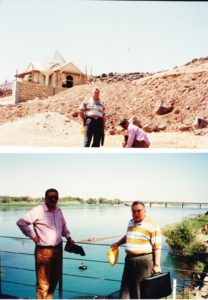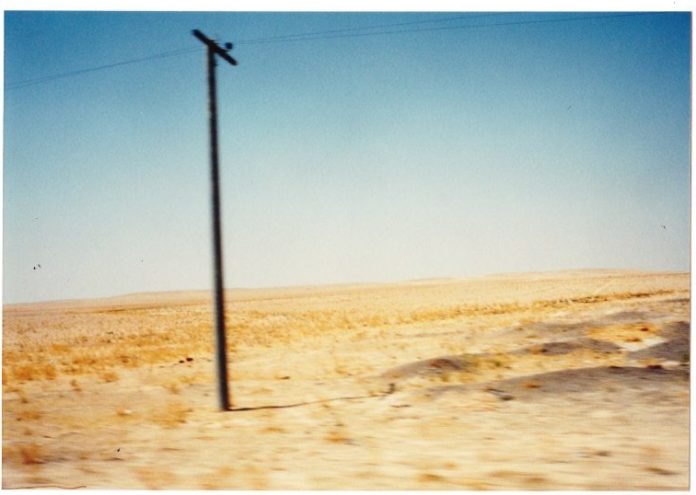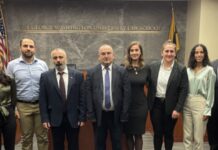Every day, horrifying pictures are seen on television and computer screens around the world. The United Nations has estimated that a record 65 million people have been displaced from their homelands and habitats this past year and they are at the mercy of rough seas, desert heat and the immigration offices of prospective host countries. These immigrants drown in the seas, die of exhaustion or hunger, are killed by mercenaries and are abused by human traffickers. They are the victims of political machinations and “regime change” expediencies; in a word, man-made disasters.

If humanity lived up to the word, many of those immigrants would remain in their homelands and enjoy dignified and safe lives, even if they had to endure poverty.
Children are the most vulnerable category among refugees; they are subject to malnutrition, rampant diseases, rape, forced labor and neglect, each of which can lead to death.
The commemoration of World Refugee Day on June 20 provides a moment to contemplate the fate of these destitute people, expelled from their homelands and thrown into the whirlwind of politics, sometimes even abused by their supposed protectors, when some trickster tries to derive dividends out of their misery.
As humanity advances in terms of technology, it is thrown back to the stone age when it comes to its conscience.
We watch the faces of emaciated women and dead children on beaches and then flip the TV channel to more entertaining programs and thus we can sleep soundly at night.










